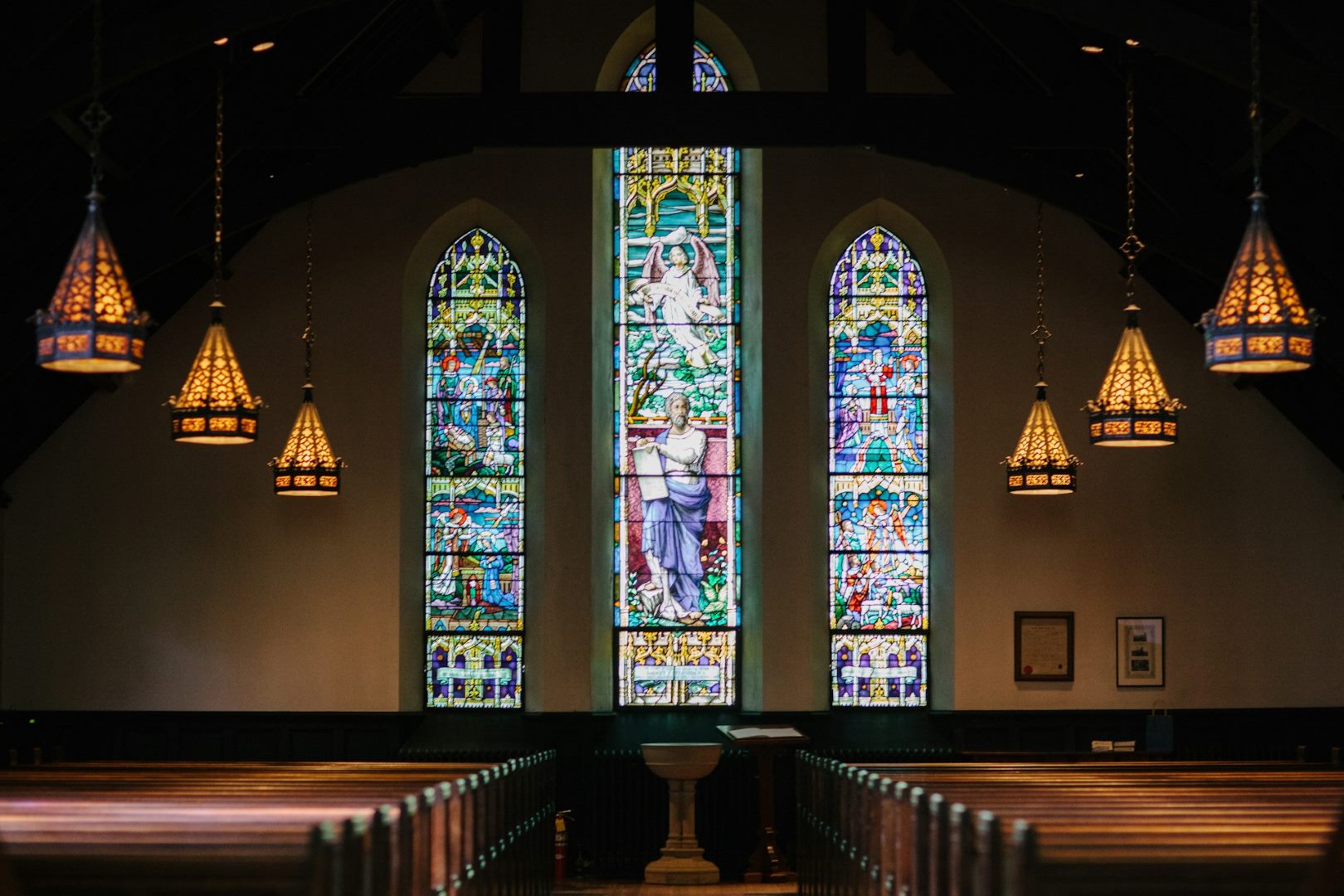Introduction
The United Methodist Church (UMC) is a global denomination that emerged from the merger of The Methodist Church and the Evangelical United Brethren Church in 1968. With a presence in over 130 countries, it boasts a vast membership of approximately 12 million people. This article aims to provide an in-depth exploration of the history, beliefs, and practices of the United Methodist Church.
History
Origins and Formation
The roots of the UMC can be traced back to the 18th century Evangelical Revival led by John Wesley. Wesley’s emphasis on personal faith, holiness, and social justice played a pivotal role in the development of Methodism. In the United States, Methodism gained traction in the 19th century, with the formation of the Methodist Episcopal Church, Methodist Church South, and African Methodist Episcopal Church.
Union Movements
Over the years, there were several attempts to unite different Methodist denominations. The Evangelical United Brethren Church was formed in 1815 by merging two German denominations. In 1939, the Methodist Episcopal Church, Methodist Protestant Church, and Methodist Episcopal Church South united to form The Methodist Church.
The United Methodist Church
In 1968, The Methodist Church and the Evangelical United Brethren Church finally merged to form the United Methodist Church. This merger created a denomination with a diverse membership and a global reach.
Beliefs and Doctrines
The UMC adheres to the Wesleyan Quadrilateral, a framework for theological decision-making that emphasizes:
- Scripture
- Tradition
- Reason
- Experience
Core Beliefs
The UMC holds the following core beliefs:
- God is a Trinity (Father, Son, and Holy Spirit)
- Jesus Christ is the Son of God and the Savior of the world
- The Holy Spirit is the presence and power of God in the world
- The Bible is the inspired Word of God
- All people are created in the image of God and have inherent worth
- Salvation is a gift of God through faith in Jesus Christ
Practices
Worship
UMC worship services are characterized by a blend of traditional and contemporary elements. They typically include singing, prayers, Scripture reading, and a sermon.
Sacraments
The UMC recognizes two sacraments:
- Baptism: A sign of initiation into the Christian faith
- Holy Communion (also known as the Lord’s Supper or Eucharist): A remembrance of Jesus’ death and resurrection
Church Governance
The UMC is a connectional church, meaning that it operates on a system of shared ministry and accountability. The church is governed by a General Conference, which meets every four years to make decisions on matters of doctrine, policy, and administration. Regional Conferences and Local Churches also play important roles in governance.
Membership and Mission
Membership
Membership in the UMC is open to all who profess faith in Jesus Christ as Savior and Lord. Membership is typically acquired through baptism, but some may also join by transfer from other churches.
Mission
The mission of the UMC is to “make disciples of Jesus Christ for the transformation of the world.” This mission is carried out through a variety of ministries and programs, including:
- Evangelism and outreach
- Education and discipleship
- Social justice and advocacy
Denominational Structure
The UMC is divided into regions, conferences, districts, and local churches:
- Regions: The church is divided into 5 regions: Africa, Eurasia, Europe, the Philippines, and the United States.
- Conferences: Each region is further divided into annual conferences, which are the primary administrative units of the church.
- Districts: Conferences are subdivided into districts, which are groups of local churches.
- Local Churches: The local church is the basic unit of the UMC. Each local church is led by a pastor and a church council.
Challenges and Controversies
The UMC has faced a number of challenges and controversies in recent years, including:
- Theological Differences: There have been tensions over theological issues such as the ordination of LGBTQIA+ clergy and the role of women in leadership.
- Denominational Split: In 2023, a large group of conservative churches left the UMC to form the Global Methodist Church.
- Declining Membership: Like many other denominations, the UMC has experienced a decline in membership.
Resources and Links
- Official website of the United Methodist Church
- History of the United Methodist Church
- What We Believe
- How We Worship
- Find a United Methodist Church
Conclusion
The United Methodist Church is a complex and diverse denomination that has played a significant role in the history of Christianity and continues to shape the lives of millions of people around the world. While it has faced challenges in recent years, the UMC remains a vital force in the church landscape, known for its commitment to social justice, ecumenicalism, and making disciples of Jesus Christ.



